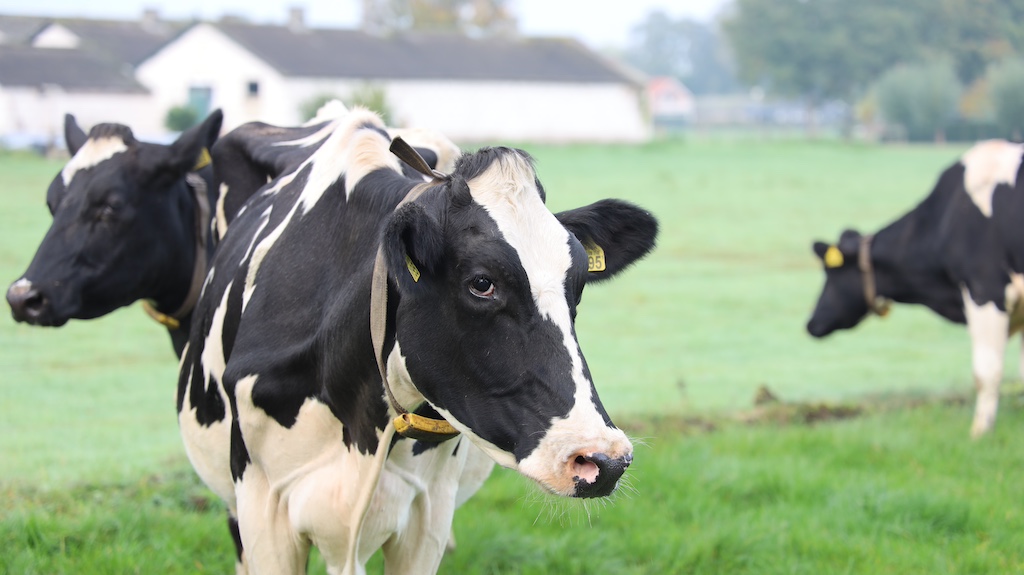Could Plant-Based Diets Curb Air Pollution? New Data Says Yes.
3 Mins Read
Aside from cutting emissions, plant-based dietary change would also reduce air pollution.
There’s yet another reason to switch to a plant-based diet. This time, researchers have found that dietary change would lead to a major cut in ambient air pollution, which leads to a myriad of positive health and economic outcomes.
The study, published in the journal Nature Communications, revealed that shifting our current diets to plant-based diets would prevent up to 236,000 premature deaths associated with poor air quality.
Worldwide, 4 million people die prematurely each year due to outdoor air pollution, according to data from the WHO. Agriculture, which sustains our current food system, is driving a fifth of the annual deaths. In total, the global food system, which counts everything from production to consumption, represents one-third of human-made greenhouse gas emissions.

Less meat, better air quality & health
“Food production, especially of animal products, is a major source of methane and ammonia emissions which contribute to air pollution through the formation of particulate matter and ground-level ozone,” wrote the researchers.
“We show that dietary changes towards more plant-based flexitarian, vegetarian, and vegan diets could lead to meaningful reductions in air pollution with health and economic benefits.”
Using a multi-model approach, which examined agriculture, emissions, air quality, health and economic indicators, the team managed to estimate air-pollution-specific health and economic impacts in relation to global dietary change.

If the world went flexitarian, which means minimal meat and dairy products with a focus on plant-based food, over 100,000 premature deaths would still be prevented. This number more than doubles to well over 200,000 if the world adopted a vegan diet, devoid of any meat and animal byproducts.
In areas where there is high population density and intensive agriculture, the impacts of plant-based dietary change would be even greater. Premature mortality would be reduced by 9-21% in Europe, 12-18% in North America, and 4-10% in Eastern Asia, in particular.
Related: Recent studies show many health benefits of going plant-based
Plant-based diets as a cost-efficient strategy
In addition to having clear benefits for human health in relation to lower air pollution, switching to a plant-based diet would also be a cost-effective way to reduce the economic burden of our environmental crises.
Shifting to a vegan diet would result in an increase in global GDP by more than 1% or US$1.3 trillion, the paper found.
“The diet-related improvements in air quality were associated with enhanced labour productivity, which impacts economic output,” wrote the team.

Related: Cutting air pollution in half could boost food production by 25% in China
In a separate article, lead author of the study and senior researcher at the University of Oxford Marco Springmann, explained that plant-based diets additionally “lowers the need for expensive investments in emission-reducing equipment for livestock systems, such as scrubbers that remove ammonia from the air.”
“Eating less meat would also diminish the need for other, more drastic, measures to curb pollution,” he added.




